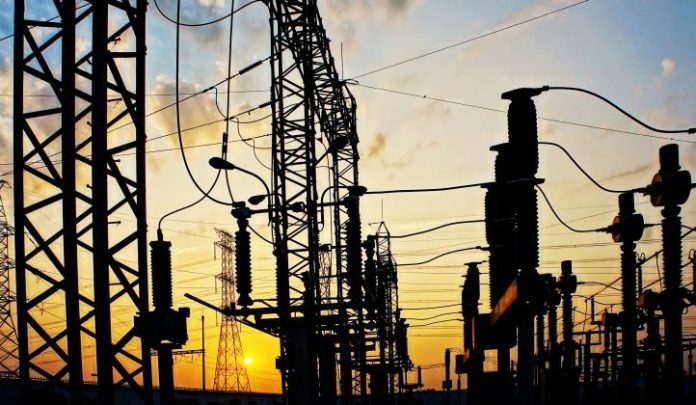- Power distributing companies have accumulated a loss of Rs201bn in the first two quarters of FY19
ISLAMABAD: The Task Force on Energy Reforms has failed to introduce reforms in the energy sector, as the power distributing companies (DISCOs), which are facing a revenue shortfall of Rs201 billion, have sought Rs1.80 per unit increase in power tariff.
Sources privy to this development informed Pakistan Today that the demand of power tariff increase by DISCOs indicate that the incumbent government is following the footprints of the previous governments in terms of bridging the gap of the revenue shortfall pertaining to the gas and power sectors. “Due to the heavy revenue shortfall, the DISCOs have now sought Rs1.80 per unit increase in power price from National Electric Power Regulatory Authority (NEPRA),” they added.
Sources in NEPRA informed that the authority has accepted the application of DISCOs and has decided to conduct a hearing in this regard on March 13 at NEPRA headquarters.
They said that the Power Division had earlier issued a notification of Rs2.50 per unit hike in electricity prices, following the approval from the federal cabinet’s Economic Coordination Committee. The government should either give a subsidy or notify the hike in power tariff as there is no third option to save the already suffering power consumers, sources added.
“Owing to the expected International Monetary Fund programme, the federal government is continuously passing on the burden of power tariff hike to the consumers,” sources said, adding that DISCOs had accumulated a revenue shortfall of Rs201 billion in the first two quarters of the current financial year.
Sources further revealed that national tariff would be increased from 15.53 per unit to Rs17.33 per unit if NEPRA approves the proposed tariff hike. “This hike will cause a negative impact on the national and public economy as well as import and export.”
According to documents available with this scribe, the Islamabad Electric Supply Company (IESCO) is faced with a revenue shortfall of Rs25.5 billion, while Lahore Electric Supply Company (LESCO) Rs34.6 billion, Gujuranwala Electric Power Company (GEPCO) Rs15.8 billion, Faisalabad Electric Supply Company (FESCO) Rs39.5 billion, Multan Electric Power Company (MEPCO) Rs35.6 billion, Peshawar Electric Supply Company (PESCO) Rs31 billion, Hyderabad Electric Supply Company (HESCO) Rs5.5 billion, Quetta Electric Supply Company (QESCO) Rs8.4 billion, Sukkur Electric Supply Company (SEPCO) Rs1.8 billion, and Tribal Area Electric Supply Company (TESCO) Rs0.77 billion.
Sources claimed that the Task Force on Energy Reforms appointed by Prime Minister Imran Khan under the chairmanship of IPP tycoon, Nadeem Babar, has failed to introduce reforms during last six months in the energy sector as power prices are continuously on the rise while losses of DISCOs have witnessed a regular increase.
They alleged that Nadeem Babar has been engaged in the import of Liquefied Natural Gas (LNG) and also in the construction of new LNG terminal, thus crossing the mandate of his job as the chairman of Task Force on Energy Reforms.
Sources said Nadeem Babar has been influencing the decisions related to the petroleum sector due to his permanent stay at the Petroleum House, adding that “the federal petroleum and finance ministers have expressed concern over his involvement in the affairs of gas and power sector”.
It is pertinent to mention that the federal government had obtained Rs200 billion worth loan from a consortium of Islamic banks to control the circular debt, which has grown up to Rs1,300 billion approximately. As per details, the government borrowed Rs88 billion from Meezan Bank, and Rs35 billion from Faisal Bank and Bank Islamic. This loan is valid for ten years and the government would have to pay 6.5pc interest on the loan.
























